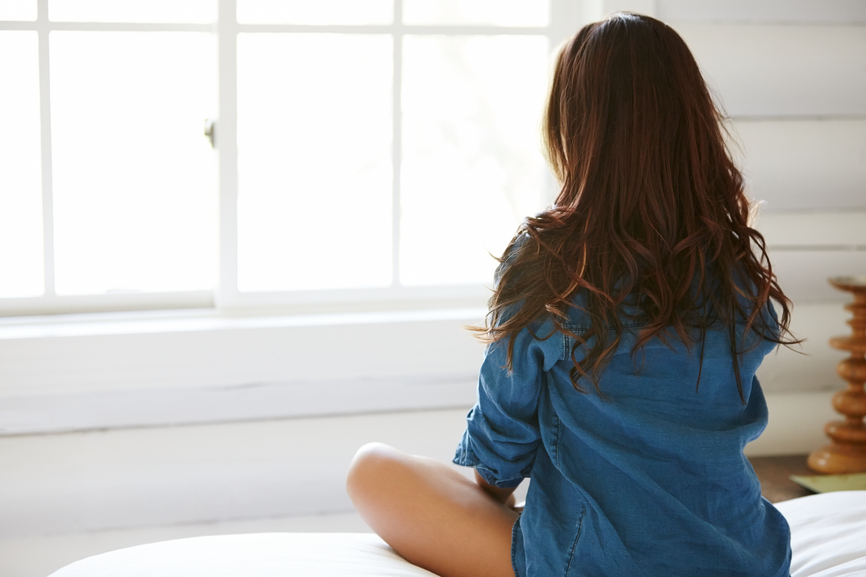
07 Oct How to minimize menopause symptoms
I believe menopause is a significant time in womanhood that deserves some acknowledgement and support.
As we, women transition from our reproductive years to our non-reproductive years, we each may be affected differently. Whether it’s physiological, physical, mental or emotional, this change of life can be more challenging when we are experiencing additional stress. And who doesn’t have stress, especially these days?
Common peri-menopause and menopause symptoms include:
⚡️anxiety
⚡️heart palpitations
⚡️sweating
⚡️brain fog
⚡️sleep disturbances
⚡️depressive moods
⚡️irritability
⚡️fatigue
⚡️exhaustion
⚡️muscle and joint pain
⚡️sexual issues
⚡️low libido
⚡️poor memory
⚡️additional & stubborn weight gain
Sadly, all of these symptoms can be worsened when stress is high or when the adrenal glands are taxed.
As ovaries reduce their functioning and stop producing estrogen & progesterone, the adrenal glands take on an additional role and respond by making a hormone that can be converted to estradiol (a form of estrogen).
This change is what drives the menopausal symptoms.
Adrenal support (and stress management) during this time can be a crucial factor in determining how severe your symptoms may be.
Some clues you may need some adrenal support
If you experience:
- poor sleep (quality or quantity, or have a hard time falling asleep or staying sleep)
- blood sugar fluctuations
- fatigue or exhaustion
- mood swings
- brain fog, reduced mental clarity
- always feel like you’re rushing
- low level anxiety to fit everything in a day
- you feel like a few more hours each day
This may be an indication that your adrenal function is reduced or you’ve been dealing with chronic, low-grade stress for an extended period of time.
Holistic approach to adrenal support
There is not one magic bullet or one magic remedy to reduce stress or banish menopause symptoms. However there are some key lifestyle changes that you can implement to help you support your mind, body and soul during this transition time. Here is a list of what I consider some of the best support tools:
- first identify what your stressors are and remove (or reduce) stress triggers
- herbal remedy support, like black cohosh, sage and my personal favourite Siberian rhubarb
- essential fatty acids
- flower essences (talk to an energy practitioner or me to find which would be best for you)
- yoga
- moderate exercise (over-exercising can cause more stress)
- meditation
- journalling
- breathing exercising
- eat balanced meals of whole foods
- eliminate packaged and processed foods
- reduce caffeine consumption
- eliminate or reduce alcohol consumption
- remove sugar from your diet (even natural sources, other than fruit)
- remove toxins from foods, beauty care products and household cleaning supplies
- get out in nature as much as possible
- get exposure to natural daylight first thing in the morning for a few minutes (2-10) every day if possible
I realize this list may seem extensive and you may not be sure how to implement all of these strategies at once. I’d suggest to start by focusing on implementing only one new habit until it becomes natural and implemented into your life. It would be counter-productive to try to change everything at once and add more stress by striving to do it all. Start small with one step, then take the next step from there.
If you need help or support along this journey, I’m in your corner cheering you on and here if you need additional coaching support. If you’d like a more systematic approach and a plan to follow, you can see if my DIY option is the right fit for you. Check out my Art of Living From the Inside Out program here.

No Comments